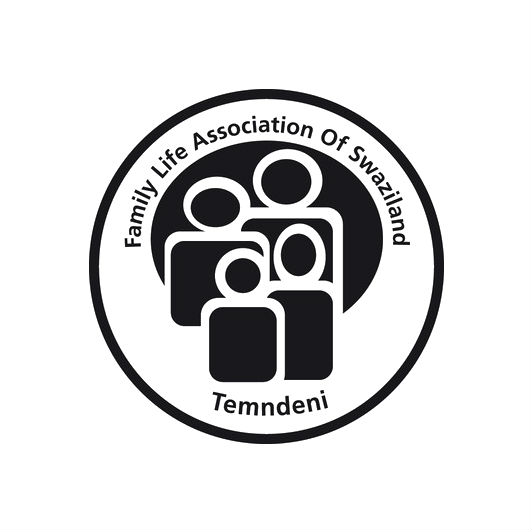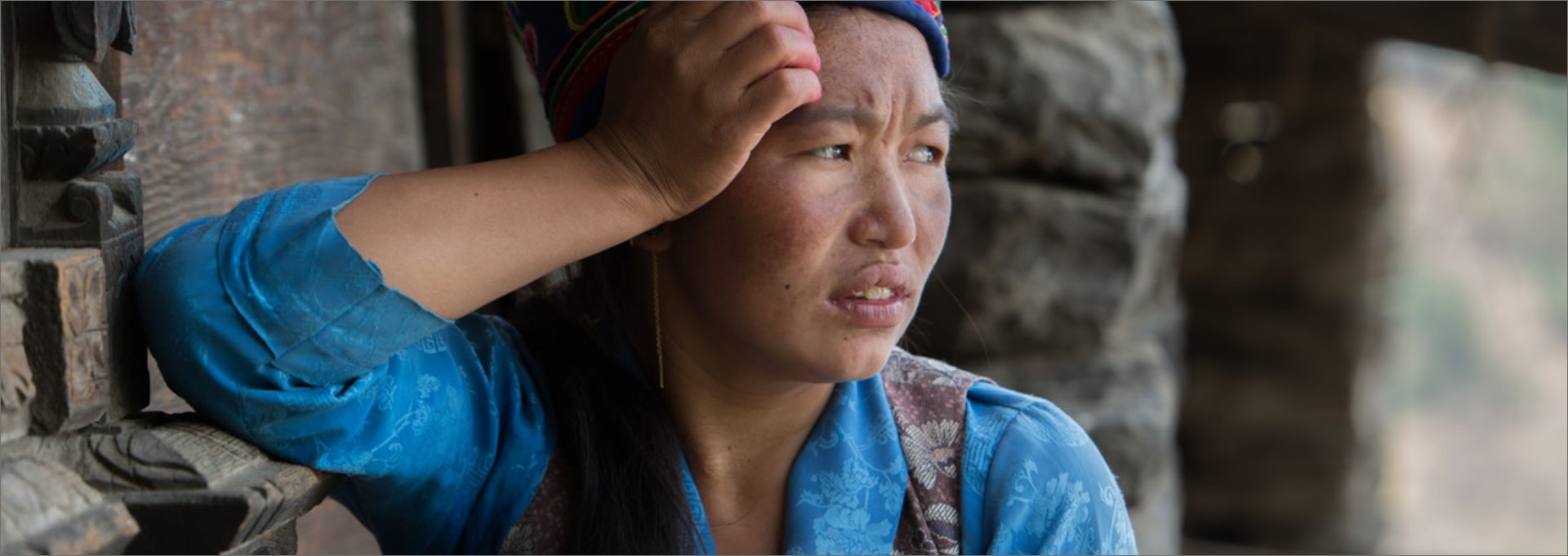

| 31 March 2016
Family Life Association of Eswatini (formerly Swaziland)
For over 30 years, the Family Life Association of Eswatini (FLAE) has provided sexual and reproductive health (SRH) services to the people of Eswatini (formally Swaziland). While family planning, antenatal, post-natal and post-abortion care form a key part of FLAE’s services, there’s a significant focus on HIV and AIDS programmes. Swaziland has some of the highest HIV and AIDS prevalence rates in the world. As a result, the prevention and management of HIV and AIDS, the provision of voluntary counselling and testing (VCT), and the prevention of mother to child transmission (PMTCT) are central to FLAE’s work. FLAE has 15 service points, including 4 permanent clinics and 12 mobile facilities, staffed by a permanent team of 40 backed by 230 volunteers, 180 Youth Action Movement members and 29 peer educators. Young people are a particular target for HIV and SRH sensitization. One of FLAE’s youth centres has its own radio studio, where young people make their own programmes concerning SRH issues. These are then played during FLAE’s roadshows and by major radio stations for nationwide broadcast. This is one strand in an innovative approach to communication. FLAE peer educators also provide training to the country’s Business Coalition Against AIDS. Health, youth, education, women’s and regional development ministries are key partners for FLAE, and it has links with a large number of non-governmental organizations, including the Swaziland National Youth Council, Swaziland Health and Population Education, Population Services International, the Swaziland National AIDS Programme and PACT. Private sector partnerships include the Business Coalition Against HIV/AIDS and SWANNEPHA (a national network of organizations for people living with HIV and AIDS). FLAE is a member of the SRH Steering committee, the Gender Consortium and the Male Circumcision Task Force.

| 19 January 2024
Haiti Adolescent Girls Network (HAGN)
The Haiti Adolescent Girls Network (HAGN), established in the wake of the 2010 earthquake, is a local organization that fosters collective local and international partnership for the empowerment, safety, health, and well-being of girls and youth (10-24 years of age) in Haiti through the creation of safe spaces where girls can regularly meet to build their social, economic, cognitive, and health-related assets. The Network seeks to craft a sustainable partnership with and among these organizations, laying the foundation for long-term capacity building in Haiti. The network is designed for collaborative learning and draws on the expertise of its members to create girl-centered programming rooted in local contexts. The Haiti Adolescent Girls Network has as its goal, mission, and vision the following: Goal: Out of the earthquake and cholera emergencies as experienced by girls, to foster a well-resourced public-private network of places where girls can regularly meet to build their health-related, social, economic, and cognitive assets. Mission: The Haiti Adolescent Girls Network is dedicated to the empowerment, safety, health, and well-being of girls in Haiti. Vision: The Haiti Adolescent Girls Network envisions a world where adolescent girls are free of violence, discrimination and ill health, a world where girls feel supported, heard and safe, and have the opportunity to reach their full potential. Instagram Twitter







